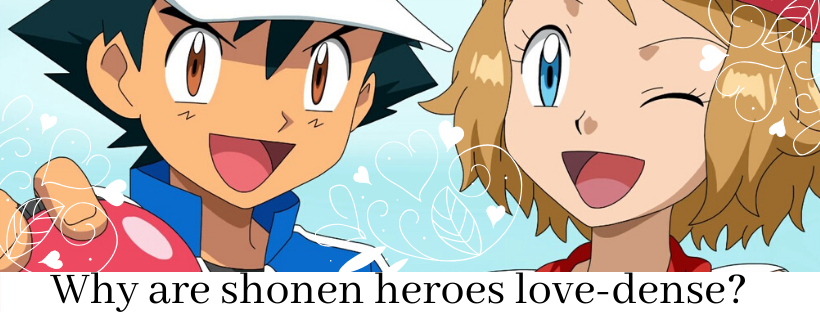 Shonen brims with love-dense heroes and the females that try to get their attention. The MO of these characters involves unawareness of flirtation, female emotions, and the inability to know how to react to emotional situations. These heroes remain unaware of female affection. For example, Bleach’s Ichigo remains unaware of Orohime’s affection for him despite how she expresses it through her concern for him and other actions. Shonen protagonists fail to see how girls interested in them will use clothes and hair styles to attract their attention.
Shonen brims with love-dense heroes and the females that try to get their attention. The MO of these characters involves unawareness of flirtation, female emotions, and the inability to know how to react to emotional situations. These heroes remain unaware of female affection. For example, Bleach’s Ichigo remains unaware of Orohime’s affection for him despite how she expresses it through her concern for him and other actions. Shonen protagonists fail to see how girls interested in them will use clothes and hair styles to attract their attention.
But why have these types of characters become the most common? Why not more emotionally and romantically aware shonen characters?
Well, some of this returns to the genre itself. Shonen aimed its stories at preteen and early-teen boys. At this age, boys care little about emotional affairs with girls and more about finding their own sense of identity. That’s why identity and the effort to become stronger (that is, carve out a place of meaning in the world) drive shonen protagonists. Naruto serves as a prime example. He grows up as an outcast, shunned by most in the village because of how he houses a fox that killed many in the village. He becomes obsessed with proving himself to everyone who denied his worth by becoming Hokage, the supreme leader of the village. He seeks to carve out a place for himself and protect those same people who disparaged him. Throughout most of the early series, Naruto pursues Sakura as a love interest, but he is too dense, hormonal, and brash to show any level of emotional intelligence.
Naruto, Nerds, and Likeability
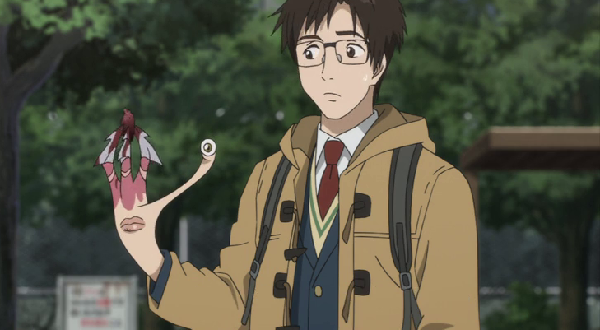
Naruto provides a good example of many boys at that age. He also grows up over time, slowly becoming more emotionally intelligent in the process. Shonen heroes are designed to grow up with their audience, but in order to do this, boys must identify with them. Most boys can’t identify with brainy protagonists. In fact, you don’t want to be a nerd. Growing up, I was one of those nerds, so I was the target of bullying and boyish jealousy. Nerdy protagonists have limited appeal for the same reasons. Nerds receive the favor of teachers and appear to have an easier time knowing their place and identity. Of course, nerds know this is just a misconception, but perception matters. However, if a story’s protagonist is brash, impulsive, and dumb, it’s easier for boys to identify with them and laugh at them. Dumb and emotionally dense characters make the viewer feel smarter than the character as opposed to feeling inferior as they would with the knowledgeable, thoughtful character. All of this increases the likeability of the protagonist. Not to mention boys often wish they could act out as shonen heroes do.
Now pull this idea toward love. We don’t want a capable protagonist for love. If the protagonist is brain-dead or bumbling with the ladies (I am going to stick with heterosexual relationships), the audience can again sympathize, identify, and feel superior to the character. In short, the character becomes more likeable. Relationships are awkward, especially in their early phases. Characters that struggle with this awkwardness provides a sense of relief for boys who’s interest in girls is just awakening. After all, they can’t be anywhere near as awkward as Naruto.
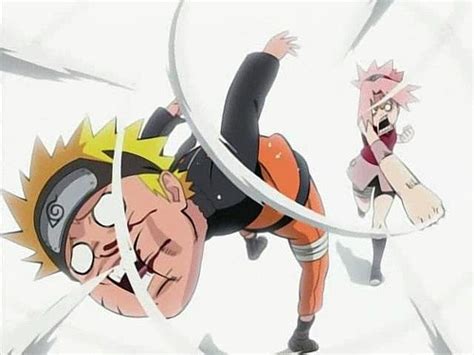
This sense of relief often comes from laughter. Love-dense characters are funny. Their awkwardness with girls causes them trouble, often resulting in the girls slugging them as Sakura often does with Naruto. But the comedy also comes from burgeoning sexual awareness. Puberty, after all, is a time of awkward and uncomfortable changes. Our love-dense hero falls on the girl and cops an accidental feel. The girl will fall on him, granting a view of panties or accidentally kissing him. Harem girls fight over him. All of these scenes were designed to create a fantasy, but the love-dense protagonist keeps these scenes from going further. Shonen can get fairly sexual, but it doesn’t cross into action. Consummating would drive the anime into an adult category and would drive the protagonist away from the audience. The younger audience could no longer identify with him if he follows through.
Goku’s Influence
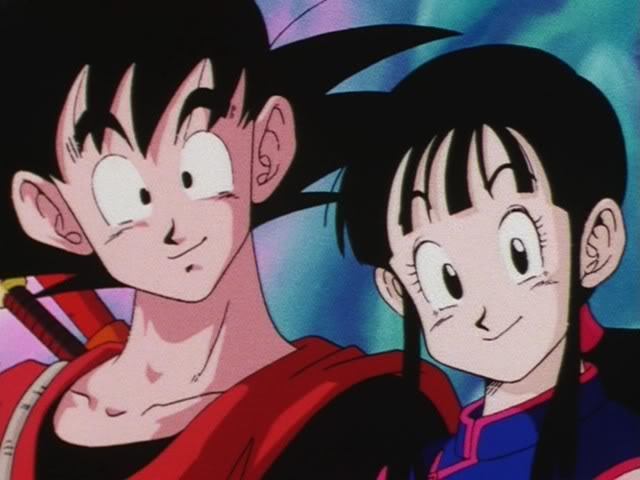
The Dragon Ball franchise has also cast a long shadow over shonen. Many protagonists are modeled after Goku, who is thick-headed, but warm-hearted character without an inkling of sexuality. Well, that isn’t entirely true. After all, he ends up having two kids later in the franchise, but the story never plays on this fact. In the beginning of the series, young Goku gets into trouble as he learns about the differences between the genders, but it’s handled through his childhood innocence. As he ages, this drops off, and Goku’s sexuality fades from view. Because of this, later shonen heroes model his obliviousness (or understanding his silence as being oblivious) and his childhood antics. Of course, they also model is desire to get stronger and his obsession with training, but let’s stick to relationships and sexuality. At the core of Goku’s relationships sits friendship. While its apparent he loves his wife Chichi, the story doesn’t focus on the romantic elements–it’s just a matter of fact. Dragon Ball leaves a void in male-female relationships that other shonen fumble with, but Goku encourages the idea of a love-dense protagonist. In his defense, shojo is the genre that focuses on relationships and emotions. Shonen is about action and adventure.
Interestingly, love-dense protagonists teach boys how to handle relationships by providing examples of what not to do. Shonen anime clearly show the consequences of being love-dense, the frustration, the hurt, the busted teeth. The protagonist shows it’s best to behave opposite of how he does in a given situation, such as saying something inappropriate or failing to notice a change in hair or clothing or behavior. Writers make sure this is obvious to the audience, creating face-palm moments when the protagonist fails utterly. Naruto’s failed efforts to woo Sakura and his obliviousness to Hinata’s feelings provide good examples. The audience is “in” on Hinata’s feelings and Sakura’s lack of feelings, which makes Naruto’s subsequent failures lessons for how to not act. This also helps boys in the audience develop some emotional intelligence. For example, they see Hinata’s shy behavior and how she goes out of her way to support and encourage Naruto as signs of affection. While those of us who are older take this for granted (and still struggle with emotional intelligence), for those just awakening to the dynamics of relationships or those who struggle with reading cues, anime provides exaggerated examples. These examples help them build a repertoire of emotional cues for various situations. These add to the cues learned from life.
The Hedgehog’s Love Dilemma
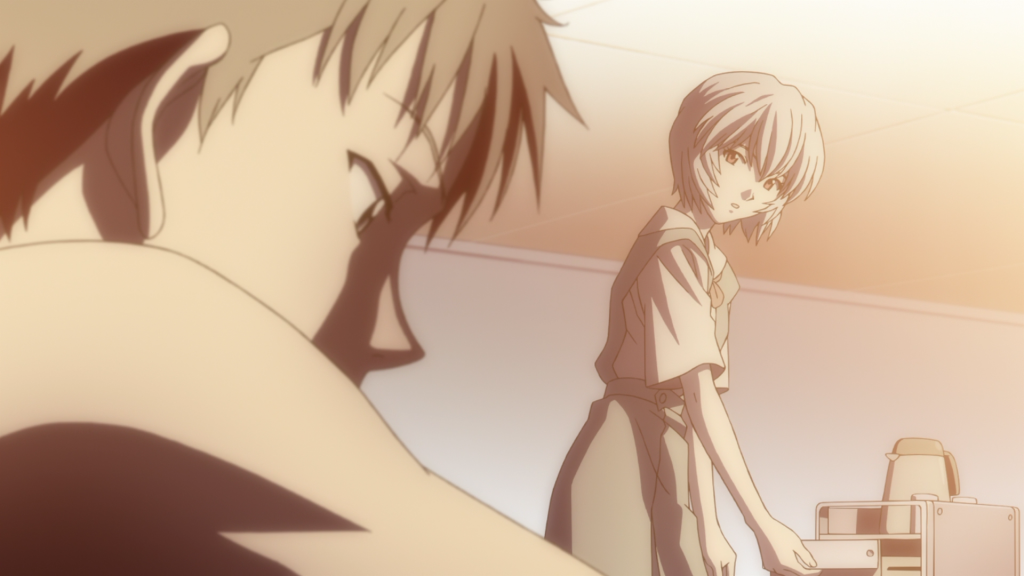
Dense shonen heroes allow writers to add humor to the pain that inevitably comes from human relationships and interactions. Of course, not all dense heroes avoid this pain. In fact, Neon Genesis Evangelion revels in it. Emotionally dense protagonists allow writers to ignore the hedgehog’s dilemma in order to focus on comedic stories or other plots. It also keeps protagonists from being as memorable as Evangelion’s Shinji. The hedgehog’s dilemma was used by Sigmund Freud and Arthur Schopenhauer to describe the human need for closeness and the pain caused by personality quills. The opposing forces of closeness and pain drive people to negotiate a safe distance between each other but still have their needs for closeness met.
Shinji is a self-absorbed, emotionally-stunted protagonist who can’t get over the fact his father uses him and ignores him. His self-absorbed nature and inability to see how greater concerns of his father–that is, the looming extinction of the human race–forces his father to act as he does. Shinji’s immaturity follows the same pattern as other dense-protogonists, only Shinji becomes self-destructive. He provides a lesson on how not to act or think. By showing his inability to step into his father’s perspective and that of others, the story tells audiences how pain only increases. The pain of being alone in winter is more than the pain of other hedgehog’s quills.
As Christopher Meharg of AnimeScience101 points out in the comments below (Thanks, Chris!), Shinji’s love-denseness comes from his parents’ manipulation and intentional psychological damage they inflict upon him. Shinji doesn’t equate to the usual love-dense hero, who usually has somewhat normal, loving parents and childhood. In this way, Evangelion subverts the usual love-dense hero trope to explore the psychological damage parents and circumstances can cause.
Love Dense Protagonists and Lazy Writing

Not all dense protagonists result from lazy writing, but anime and manga falls too quickly on this stereotype. As we’ve seen, this stereotype has advantages and offers lessons for shonen’s core audience. However, leaning on the stereotype is lazy writing. Many dense protagonists are cookie-cutters, flat and dull. Writers use the stereotype so often that it is synonymous with shonen. But as Evangelion shows, you can take the trope and subvert it to make interesting characters. It’s also possible to write likeable, engaging introverted and thoughtful protagonists. Edward Elric in the original Fullmetal Alchemist anime series leaned this direction. He still had hot-headed, dense hero tendencies, but on the whole he stays emotionally aware and uses his intelligence rather than his hard-head to solve problems. He sometimes appears dense in order to reach his goal. It is a choice, rather than a default state. Unfortunately, Brotherhood turns Ed and Al back into shonen meatheads.
The dense hero is at his best when he grows up. He learns his lessons and grows into a mature, emotionally astute person. Being love-dense works best when it gives the protagonist room to grow. I talk a fair bit about Naruto, but he does eventually grow into a man who is more emotionally aware. It is just a long process. But he is an example of a good dense-hero. He grows with his audience over roughly the same amount of time. He begins as a whiny, immature brat and ends as a father and leader. He keeps some of his annoying and immature traits, but everyone does.
The problem is when the love-dense protagonist never grows up and this becomes the norm. As a genre, shonen brims with these characters. Ultimately, it comes down to us, the audience, to decide what characters we prefer. Once we stop buying stories with meatheads, studios will start looking at alternatives.
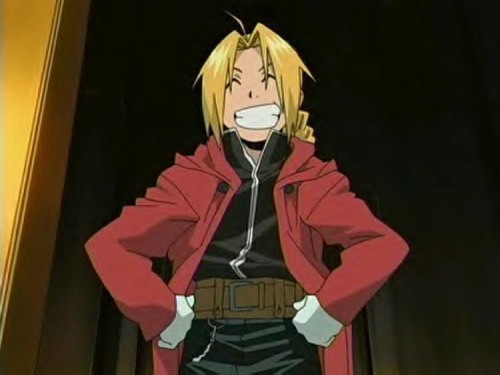
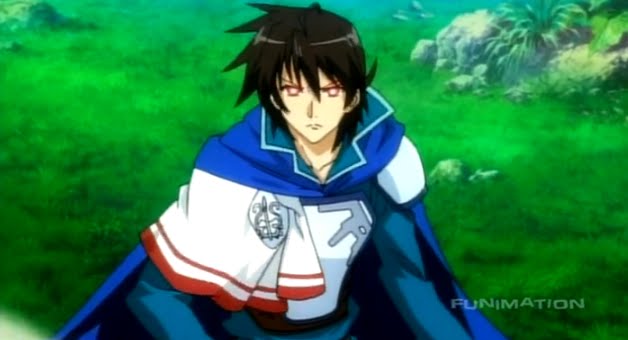

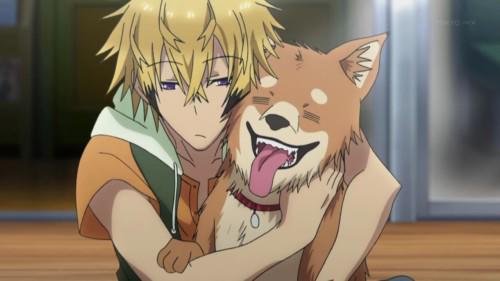
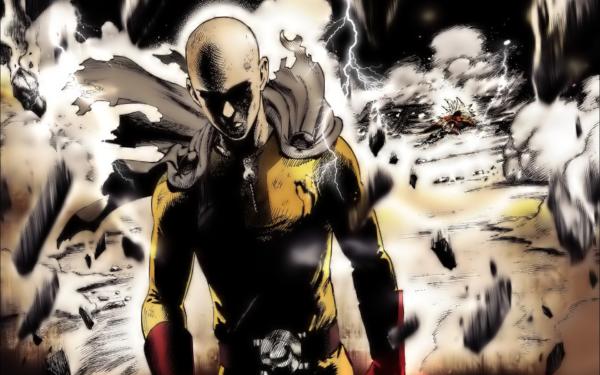
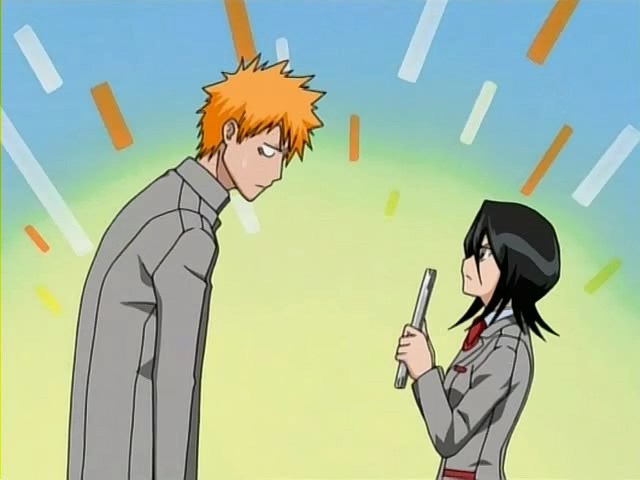
That is an interesting topic. What a good way to explain why most battle manga/anime stories star protagonists who are dense when it comes to romantic love. It does make perfect since when you consider the audience these stories are targeting. However, concerning how boys generally cannot identify with characters who comes off as being intelligent, or nerdy as you imply, then would My Hero Academia by Kōhei Horikoshi be the exception? The story is a battle manga story targeted to boys and yet the protagonist leans towards being intelligent, which as you aware is something that is uncommon among most protagonists of those stories, and yet the protagonist is well liked (he’s constantly ranked high on popularity polls).
Yes, I’d say Kohei is an exception similar to Edward in the original FMA. I hope his popularity may start a trend toward more intelligent leads.
An interesting read, but I wonder if your use of Neongenesis and Evangelion, is perhaps a bit missguided in regards to the topic. First I wouldn’t call Evangelion shonen, and the second goes to the plot of Evangelion. Shinji is the way he is, because his parents, especially his dad made him that way. Shinji is dense to love and broken because his dad made him that way and not because of the normal process of growing up. Of course all of this could just be how I see EVA.
You make a good point. Shinji was manipulated by dad. I had the impression that his dad was mostly absent rather than manipulative. If anything, kindness would’ve been a better manipulative method.
If you watch the End of Eva movie its made more clear that both mommy and daddy dearest pretty much set shinji up to be screwed for their own plans. Mommy to leave a monument to humanity and daddy to get mommy back. Parents of the year those two.
Hmm. It’s been over 10 years since I’ve watched that film. I don’t remember much about it. Well, things may not have gone so poorly for Shinji if he wasn’t self-absorbed and approached things differently. Of course, EVA wouldn’t have been as interesting if he had! I may have to rework that section about Shinji, but he still provides an example of how not to act! After all, bad parents or not, he still chose his behavior. Well, no written character can, but the principle still stands. We can choose to be a hedgehog or not.